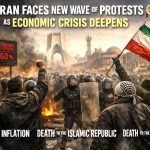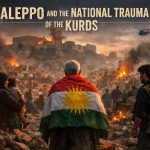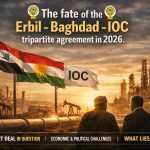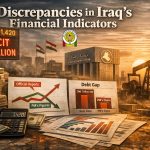Introduction: The Ongoing Struggle Between Law and Power
The political and legal relationship between Baghdad and the Kurdistan Region of Iraq (KRI) has long been marked by ambiguity, tension, and cycles of conflict. Unless Iraq’s constitutional uncertainties are resolved and there is genuine political will for power-sharing, disputes will continue to surface—shifting from legal interpretations to political crises almost instantly.
Historical Foundations of Iraqi–Kurdish Relations
The Iraqi state declared its independence in 1932 and was officially recognized by the League of Nations. Over the decades, however, successive governments—particularly after the 1958 revolution—restricted democratic rights while offering selective privileges to the Kurdish population.
Constitutions drafted between 1958 and 1968 formally recognized Kurds as partners alongside Arabs, but disputes with Baghdad often resulted in concessions. Agreements in 1970 and 1974 ultimately established Kurdistan as an autonomous region, laying the groundwork for the enduring debate over federalism and Kurdish rights.
Federal Court Rulings and Renewed Federalism Debates
In recent years, rulings by the Iraqi Federal Court have reignited controversy. Key decisions include:
-
Direct salary payments to civil servants in the KRI.
-
Abolition of minority quota seats in parliament.
-
Division of the KRI into at least four electoral districts.
These rulings have intensified debates about the future of Iraq’s federal system and the fragile balance between Baghdad and Erbil.
Customs Revenues and Border Disputes
Another persistent issue involves customs revenues. Article 114 of the 2005 constitution assigns shared authority over customs operations to both Baghdad and Erbil. While the KRI agreed in 2020 to transfer half of its customs revenues to Baghdad, mistrust has stalled progress.
Unlike oil and gas disputes, customs disagreements may be resolved by establishing a joint Iraqi committee with international experts to design a fair system for revenue collection at borders and airports.
The Disputed Territory of Kirkuk
Kirkuk remains one of the most contentious issues in Iraq–Kurdistan relations. Kurdish leaders view the province as central to their identity and economy, while many Baghdad politicians oppose its inclusion in the KRI to limit Kurdish influence.
Article 140 of the constitution required normalization, a census, and a referendum in Kirkuk by 2007. Yet political obstacles and security challenges have prevented this process, keeping Kirkuk at the heart of national tensions.
Oil, Gas, and Constitutional Ambiguities
The management of Iraq’s vast oil and gas reserves lies at the center of legal and political disputes.
-
Articles 111 and 112 declare oil and gas the property of all Iraqis, granting the federal government and producing regions joint management over existing fields as of 2005.
-
The KRG’s interpretation: Newly discovered fields fall under regional authority.
-
Article 115 further strengthens Erbil’s stance, stating that in cases of conflict, regional law prevails when not under exclusive federal jurisdiction.
This interpretation enabled the Kurdistan Regional Government to pass its own 2007 Oil and Gas Law, authorizing independent contracts—a move Baghdad sees as a direct challenge to federal control.
Politics Behind the Constitution
Iraq’s 2005 Constitution is far from a neutral legal framework. Instead, it functions as a political tool. The Federal Supreme Court, while appearing to safeguard legality, has frequently issued rulings that centralize power in Baghdad. These interventions reflect deep political rivalries rather than purely constitutional interpretation.
Shia Political Forces and Regional Pressures
Many Shia political factions in Baghdad argue that centralizing oil wealth is essential to maintaining national unity and preventing Kurdish independence. Some of these groups, particularly those aligned with Iran, actively seek to undermine the KRG’s independent energy sector to preserve Iraq’s reliance on Iranian gas and limit U.S. influence in the region.
Conclusion: Law, Politics, and the Future of Iraq
The interplay of law and politics in Baghdad–Erbil relations has created a cycle of constitutional disputes, political rivalries, and economic standoffs. Legal conflicts quickly transform into political crises, with temporary deals offering only short-term relief.
Unless Iraq addresses its constitutional ambiguities and commits to a genuine power-sharing framework, judicial interventions will continue to fuel instability, prolonging the fragile and uneasy relationship between Baghdad and the Kurdistan Region.




